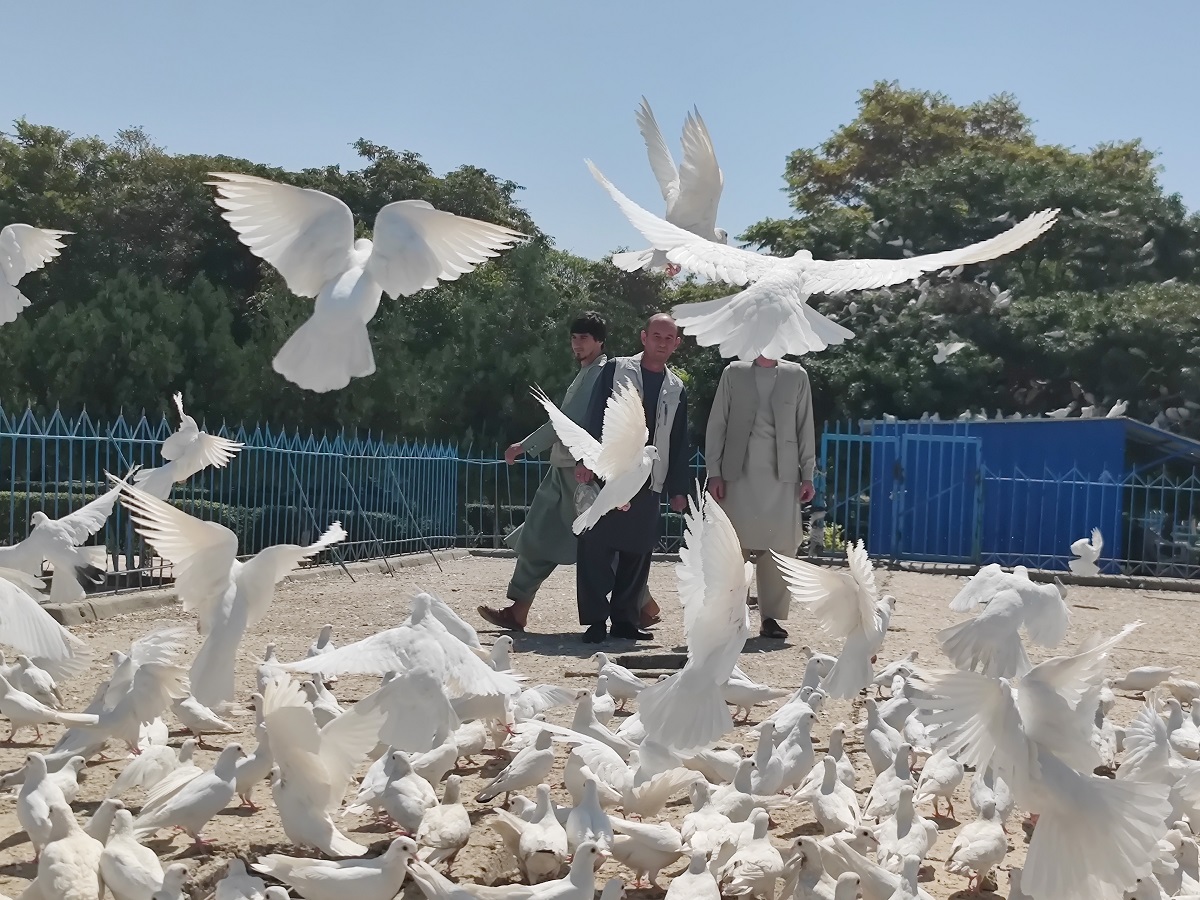
Last month, Afghanistan marked the third anniversary of the new administration. Three years of governance is a significant period. However, the international community is still concerned about the situation in that country. Afghanistan is facing serious humanitarian, economic and political challenges that inevitably affect the situation in neighboring countries and the region as a whole.
Among the main reasons for that concern is the humanitarian crisis, which has left many Afghans lacking food, medicine and other essential supplies. The country's economy is still in a difficult situation, which exacerbates the already difficult living conditions of its population. However, it is important to note that Afghanistan is a country of contrasts...
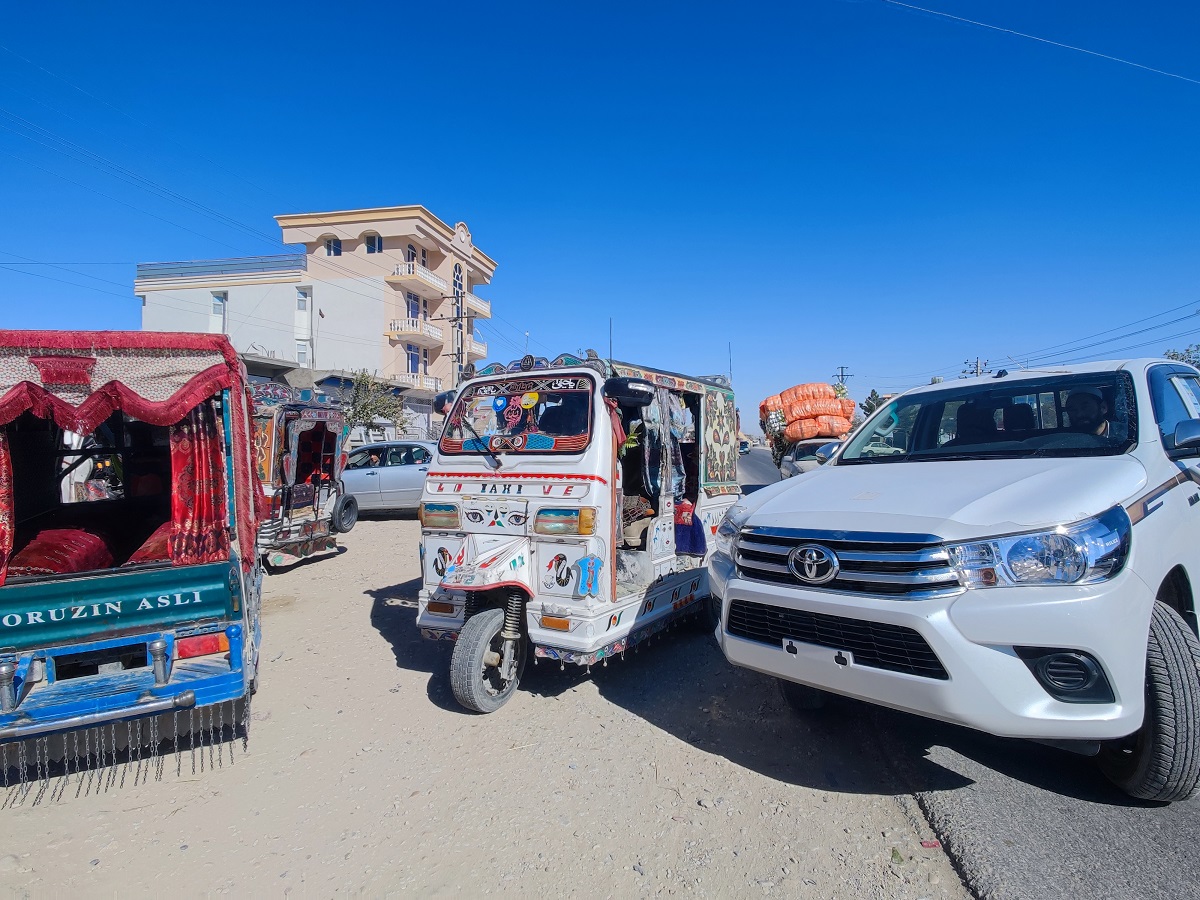
Despite all the challenges, primarily related to sanctions pressure and the freezing of the Central Bank's assets, the new Afghanistan is striving to secure its rightful place in the system of international relations. Thus, the Afghan authorities have submitted an application to Moscow to participate in the BRICS summit, which will be held from October 22-24 in Kazan. Just recently, from September 3-6, representatives from Kabul participated in the IX Eastern Economic Forum in Vladivostok, and prior to that, from June 5-8, they attended the St. Petersburg International Economic Forum 2024, as well as other international events.
Despite the ongoing humanitarian assistance from the international community, many countries are hesitant to establish official diplomatic relations with the de facto Afghan government. However, the question that is still on the international agenda is how can we help to rebuild the Afghan economy?
After all, the answer to this question will determine not only the fate of the Afghan people, but also the stability of the entire Central Asian region.
It was within this context that a range of closely linked issues were discussed at a recent meeting of experts in the Uzbek city of Termez. The international round table was entitled “Central Asia and Afghanistan: A Vision for a Common Future”.
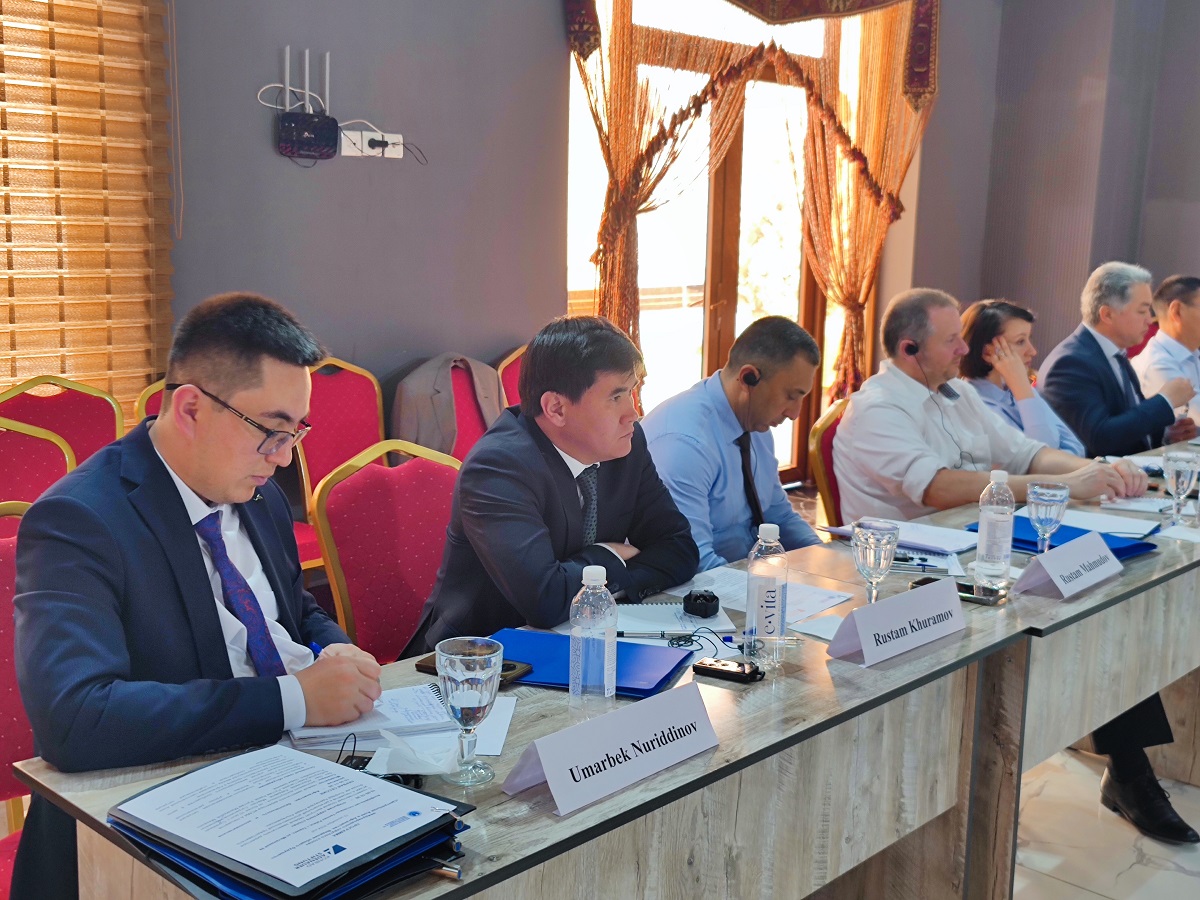
Experts from strategic institutes and research centers in Central Asia represented the region at the event, while specialists from Kiel University, named after Christian Albrecht, as well as representatives from the Berghof Foundation and the Konrad Adenauer Foundation participated from Germany. Notably, the Konrad Adenauer Foundation co-organized the meeting together with the Institute for Strategic and Interregional Studies (ISRS) under the President of Uzbekistan.
The relevance of the round table was underlined by the fact that the event was not planned in advance and was promptly organized in a short time, literally within a month and a half, because of the urgent need to listen to the opinions of leading experts in order to develop a common position in relations between Central Asia and its southern neighbor.
The meeting was preceded by a visit to a number of sites in Termez with direct relevance to Afghanistan, including the local archaeological museum. Akramjon Nematov, First Deputy Director of ISRS, commented on this occasion:
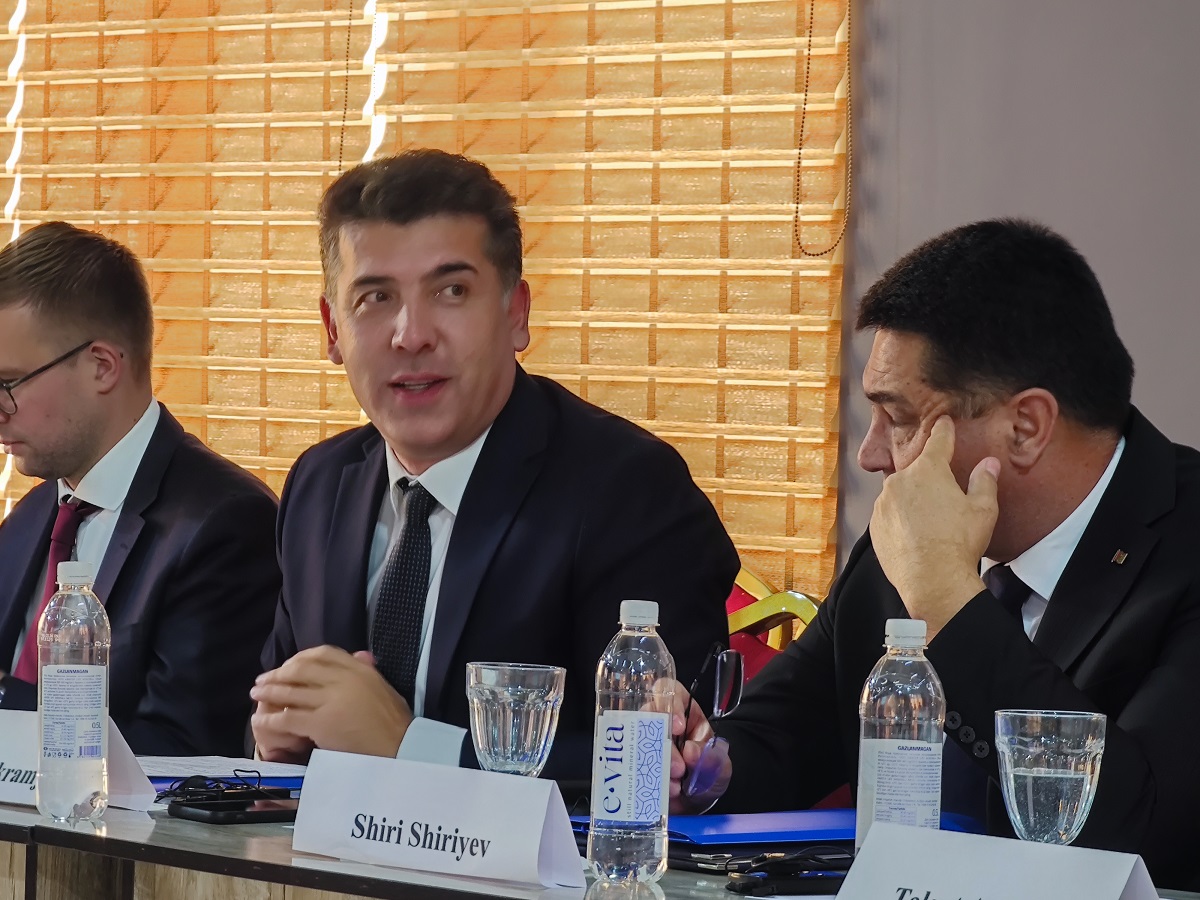
— In this way, we wanted to show the museum not merely as a repository of artifacts, but rather to demonstrate our common cultural, historical and civilizational heritage, which connects the peoples of Central Asia with their Afghan brothers, and highlighting how it obliges us to address pressing issues together, in a spirit of good neighborliness.
...Over the past three years, the Afghans, overcoming enormous difficulties, have achieved certain successes. For example, the new authorities have disarmed almost the entire population of the country. Thanks to this and other measures, the number of terrorist attacks has sharply decreased, and gunfire between individuals and various groups has become rare, not to mention explosions.
The new authorities banned the cultivation of opium poppies, which are the raw material for the production of opium and heroin. And this had a positive impact on the effectiveness of the global fight against drug trafficking. The Afghan government justified its ban on poppy cultivation and drug production on religious grounds.
A January report by the UN Office on Drugs and Crime cited data based on aerial photography showing that opium poppy cultivation in Afghanistan has declined by 95 per cent.
Currently, 68% of the fields that previously grew opium poppy are now planted with wheat. As a result, last year, the area planted with grain crops increased by 160,000 hectares compared to the previous year.
The roundtable participants heard about the situation in Afghanistan from the country's representative, Suleiman bin Shah, who heads a business consulting firm in Kabul and the Afghan Private Sector Advocacy Program.
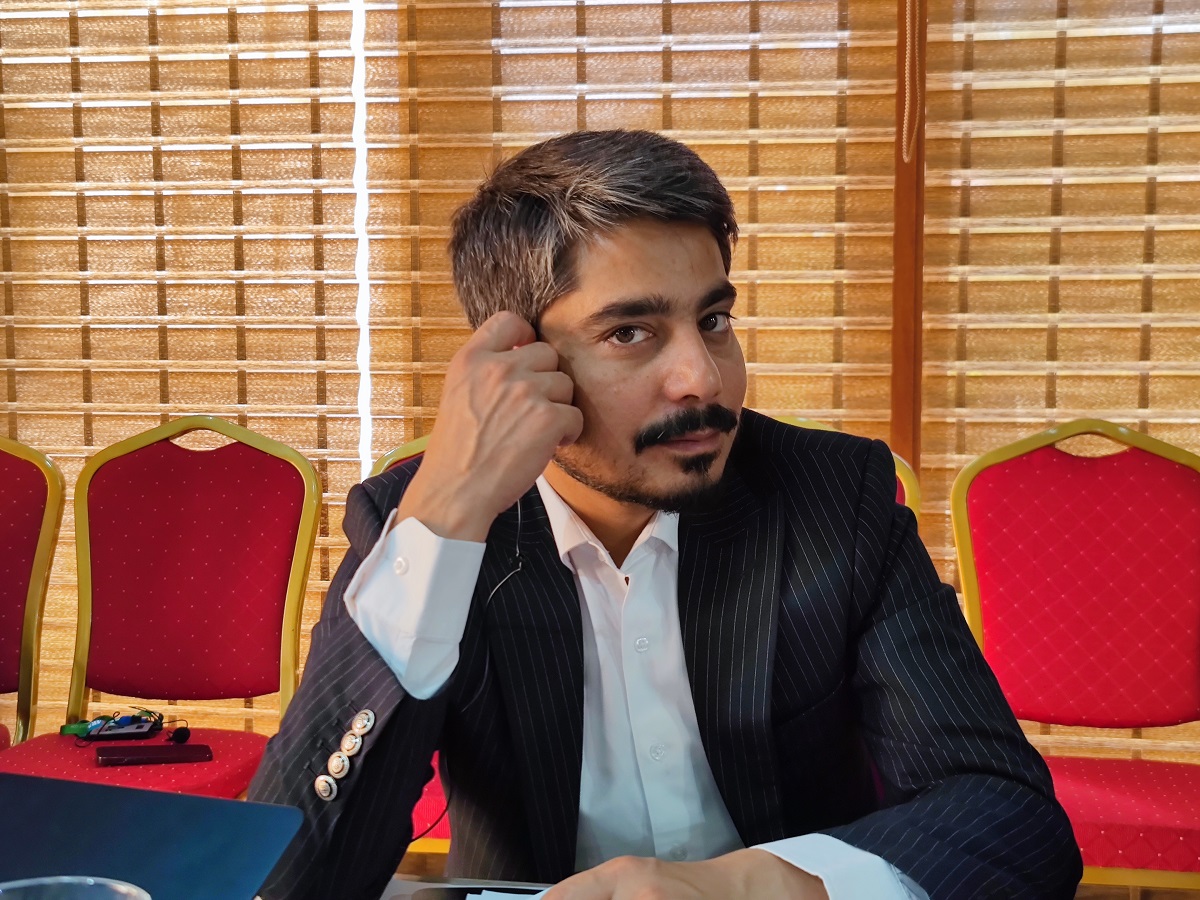
Suleiman bin Shah previously managed various groups in the Ministry of Industry and Commerce that promoted investment for the country as well as Afghan products in foreign markets. Prior to the new government, he served as Deputy Minister and also headed a group for Afghanistan's accession to the WTO.
He is still actively cooperating with the new authorities, who promised not to prosecute those who worked with the previous government unless they were involved in war crimes. And they are keeping their word.
On a volunteer basis, Suleiman bin Shah serves as an advisor to the Afghan e-commerce initiative Aseel. The platform was established five years ago to help Afghan artisans promote their products in international markets through appropriate transactions for goods and services.
After the change of power, Afghanistan's banking system collapsed, but with the help of this platform, new financial chains and the movement of goods from supplier to end customer were created. Aseel also provided an opportunity for Afghans living outside their homeland to support their relatives and friends who remained in the country through a mobile application.
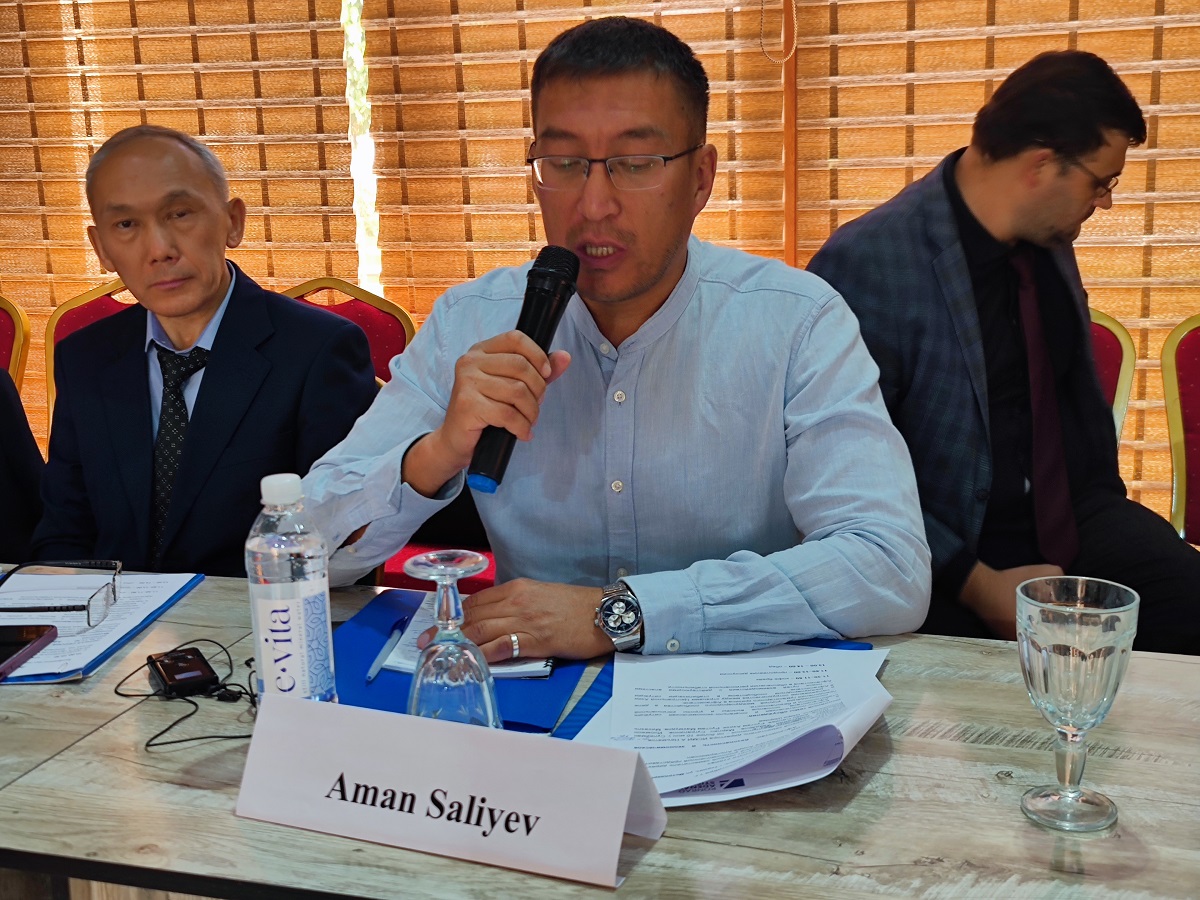
...It's worth noting that during the round table, the discussions were candid, without false embellishments of the issues, various perspectives were heard and discussed, encouraged by the approach set by the moderator of the first session, Akramjon Nematov, at the beginning of the meeting:
— It is very important for us to have a common vision. We may not have the same views. But I am sure that we have common goals. In principle, we in the region have reached the point where we have “agreed to disagree”. And it is important that we can talk with different approaches.
A very detailed overview of Afghanistan was presented by the experienced Uzbek diplomat Abdusamad Khaidarov. He once served as Deputy Foreign Minister, headed a diplomatic mission to Iran, worked at the embassy in Afghanistan since Soviet times, and held other responsible positions. Currently, Abdusamad Akhatovich heads the Diplomatic Academy at the University of World Economy and Diplomacy of the Ministry of Foreign Affairs of the Republic of Uzbekistan.
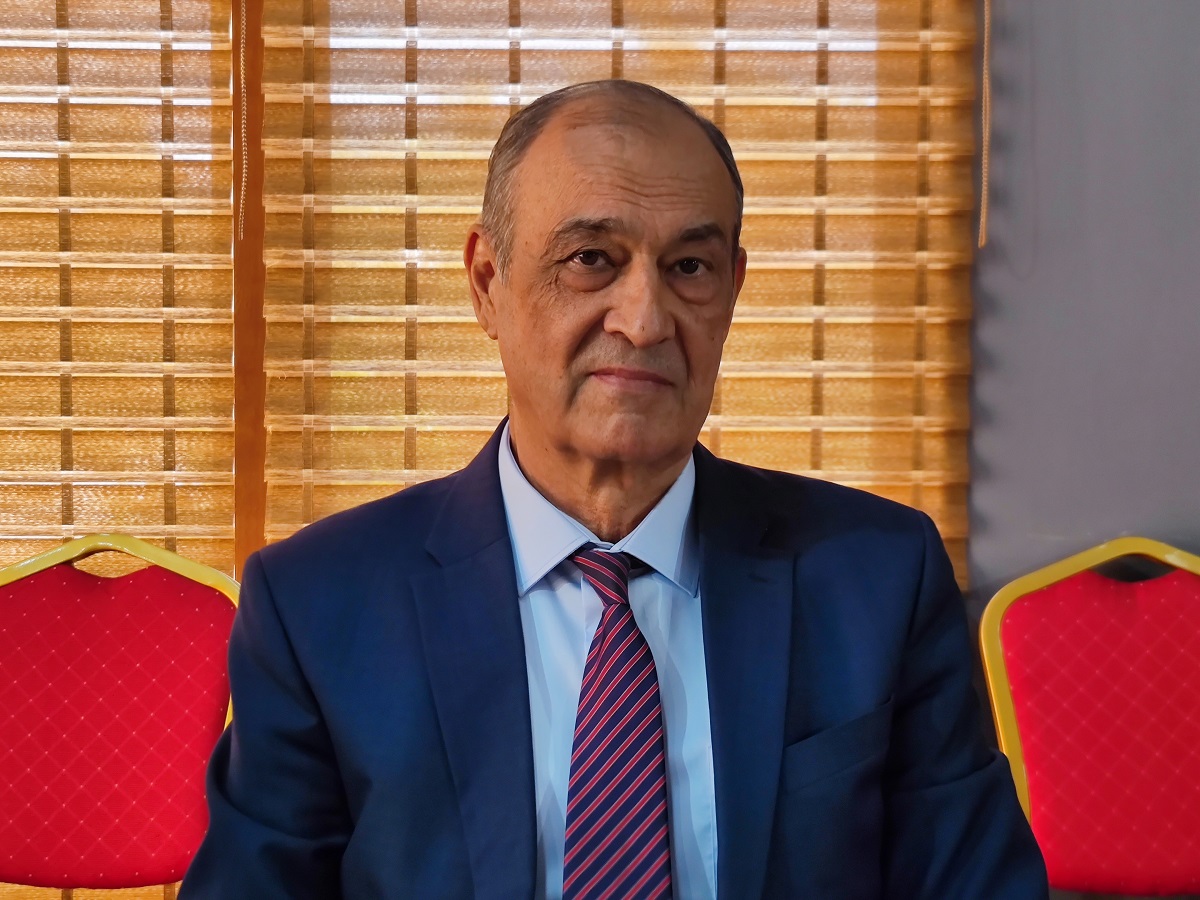
Abdusamad Khaidarov gave a detailed description of the current military-political and socio-economic situation in Afghanistan after the new government came to power.
— The current leadership of Afghanistan is interested in maintaining stability throughout the country and is also interested in cooperating with the outside world. These are the two main factors driving the current course of the country's interim government.
Central Asian states are interested in seeing stability in Afghanistan, the absence of civil war and the opportunity to develop relations with Afghanistan, as well as to see this country as a link for the development of relations with the states of South Asia. And everything that happens in Afghanistan should be assessed through the prism of these two factors, Abdusamad Akhatovich stated.
However, it is important to recognize that the issues facing our southern neighbor (such as the ongoing economic and humanitarian crisis, migration, and outflow of specialists) cannot be resolved solely by Afghanistan or on a bilateral level.
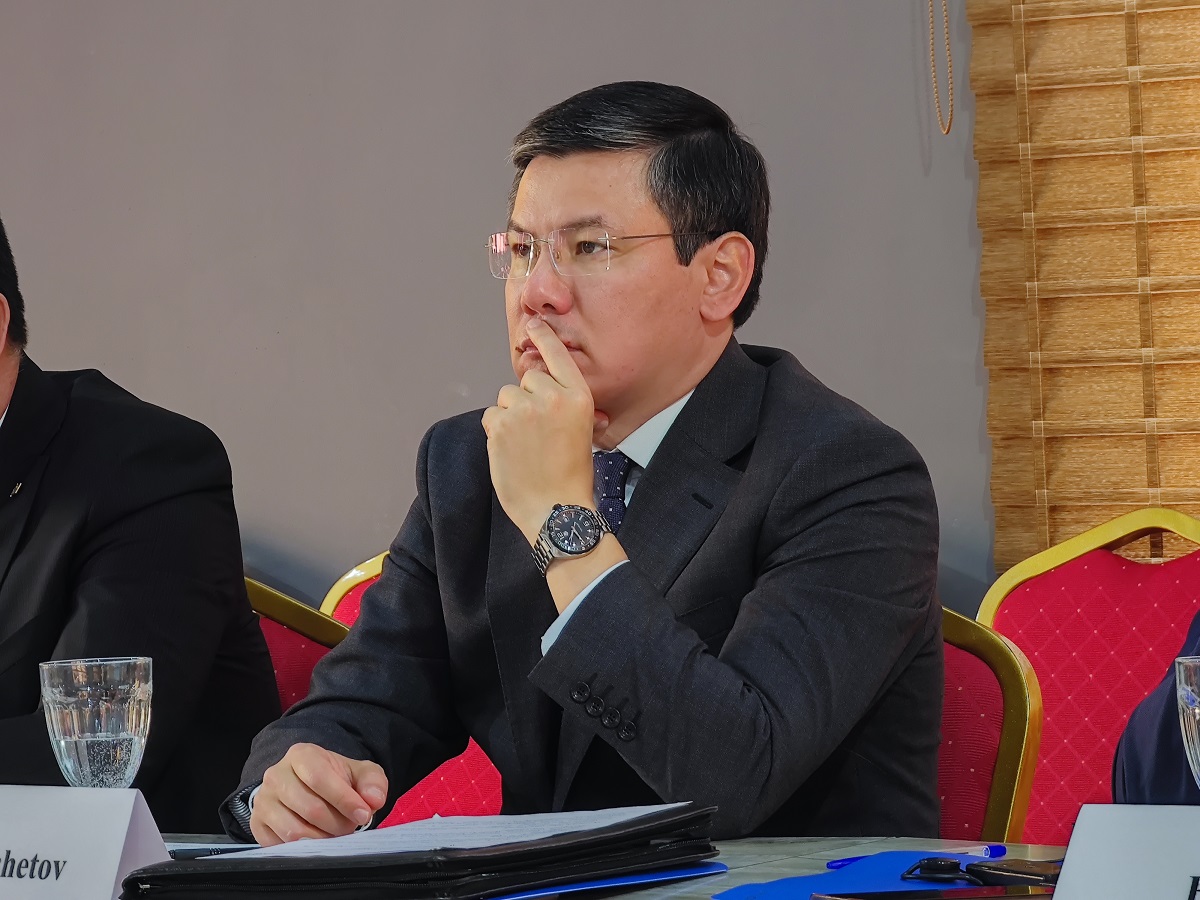
Establishing cooperation between Central Asian countries and the international community to stabilize the situation in Afghanistan requires a multifaceted approach, including diplomatic, economic and humanitarian measures.
Therefore, the international community should not leave Afghanistan alone with its problems. These issues hinder the development not only of Afghanistan but also of its closest neighbors, primarily the Central Asian countries.
The most optimal way is to build our relations using regional platforms, such as the Shanghai Cooperation Organization, where the SCO-Afghanistan Contact Group was established.
This format of political interaction, exemplified by the Consultative Meetings of the Heads of Central Asian States, holds immense potential,which serves as a highly effective platform for dialogue, playing a key role in stabilizing the situation in Afghanistan and strengthening regional security and cooperation.
The more structured and regular these meetings become, the stronger Central Asia's voice will be in the international arena, including on issues related to Afghanistan.
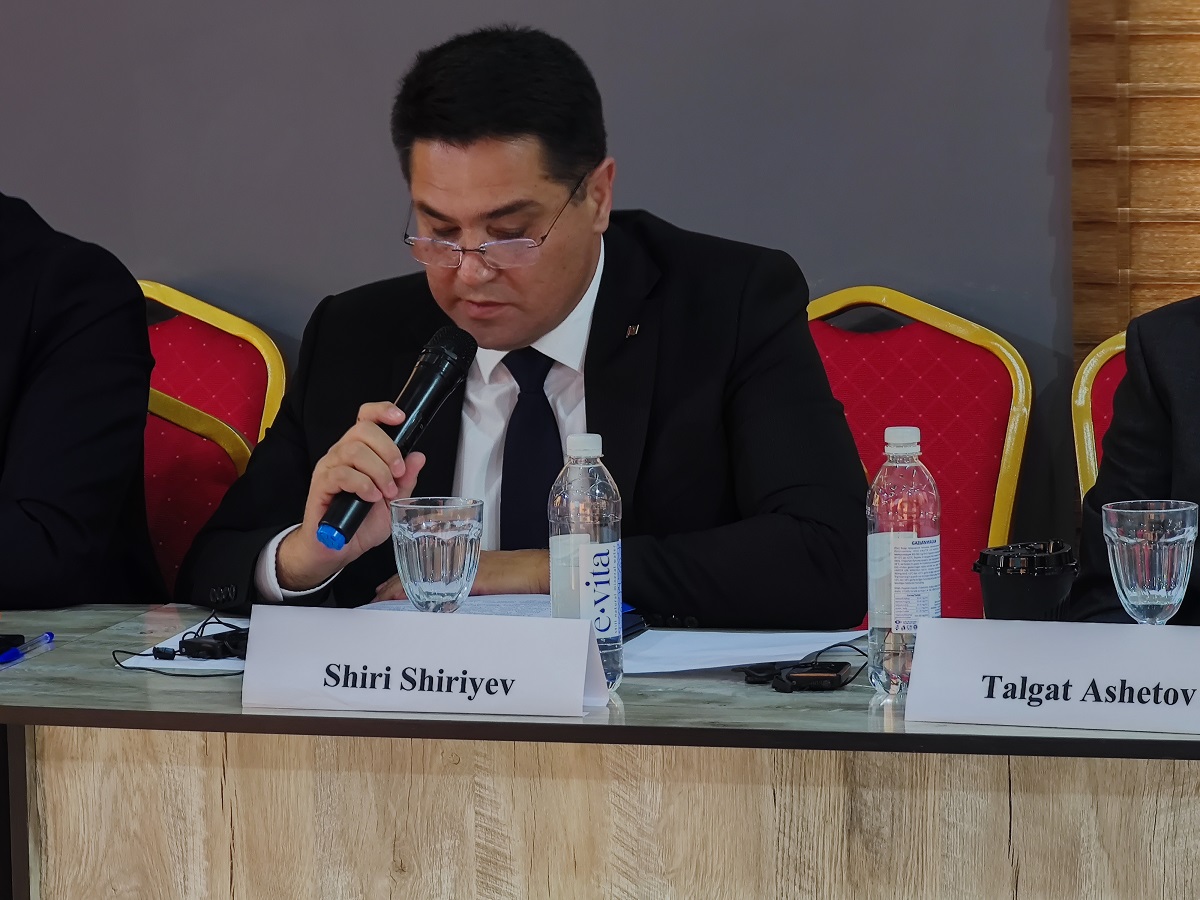
Shiri Shiriyev, Director of the Center for Strategic Studies of the Institute of International Relations of the Ministry of Foreign Affairs of Turkmenistan, gave an extensive presentation on Afghanistan's security and economic development.
The preamble to his report was based on the initiative announced by the President of Turkmenistan Serdar Berdimuhamedov at the Sixth Consultative Meeting of Heads of Central Asian States, which became a kind of manifesto for regional security.
"Turkmenistan advocates for the activation of the work of foreign policy agencies to develop consolidated approaches to countering new known threats, destabilization in our region, protecting the information space, preventing and neutralizing attempts by radical and extremist elements to infiltrate. I believe it is important to create conditions for close and coordinated work among our border, migration, customs agencies, and special services."
A Turkmen expert, drawing on the ideas of the Head of State, clearly outlined the main challenges facing the countries of Central Asia and proposed specific measures to overcome them.
The central issue of his report was security. In this context, Shiri Shiriyev emphasized that modern realities require countries in the region to unite their efforts to counter new threats, such as information security, as cyber threats and disinformation are becoming increasingly serious problems in the modern world.
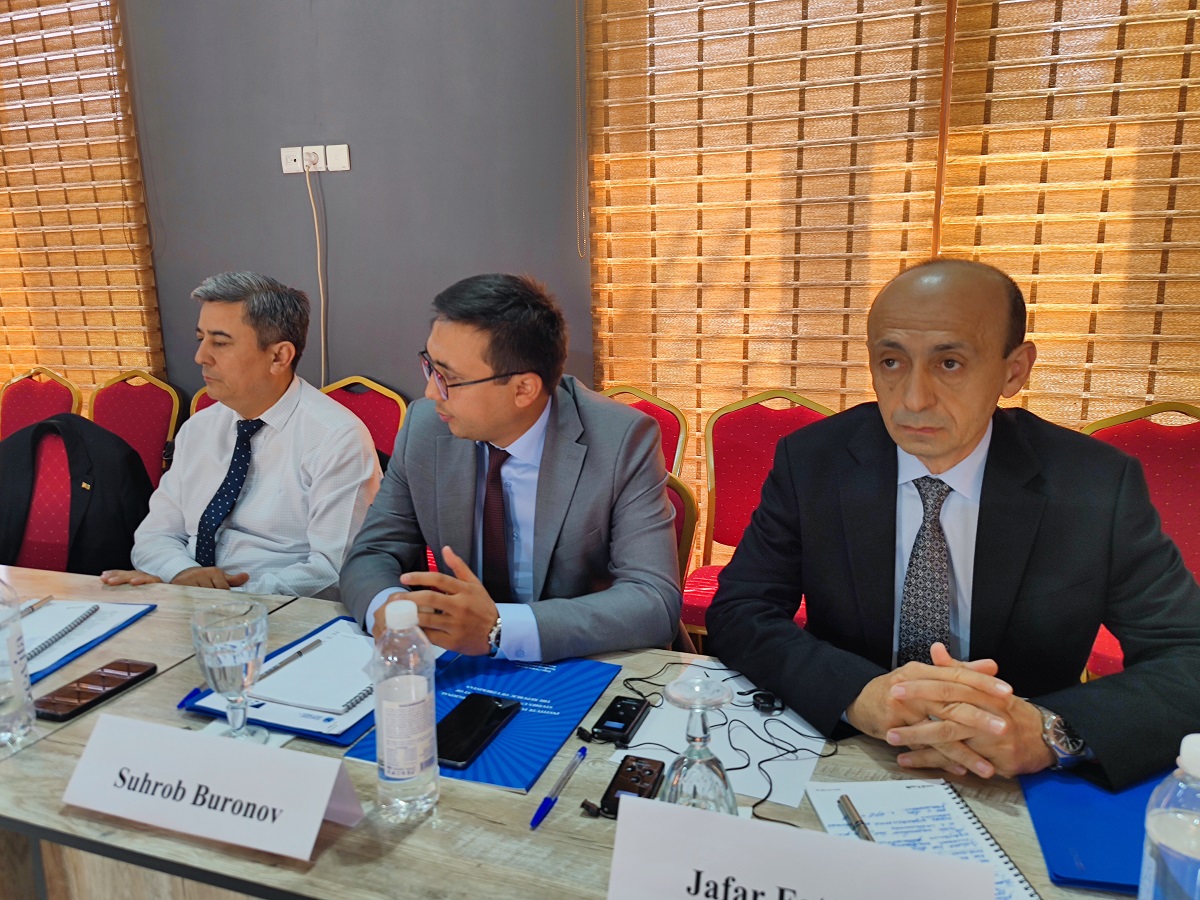
Alongside this are issues characteristic of many countries of worldwide—transnational organized crime, extremism, and terrorism. If these problems are not addressed in a timely manner with preventive measures, they may develop into potential threats to the stability of the region over time.
The Director of the Center for Strategic Studies of the Institute of International Relations of the Ministry of Foreign Affairs of Turkmenistan paid special attention to water issues in his report, noting that the irrational use of water resources from the Amu Darya and Syr Darya can lead to serious environmental and social consequences. Furthermore, the construction of large hydraulic structures in Afghanistan would exacerbate this problem.
To address water issues, Shiri Shiriyev suggested modernizing the international legal framework by updating existing agreements on the use of water resources, taking into account the changed conditions.
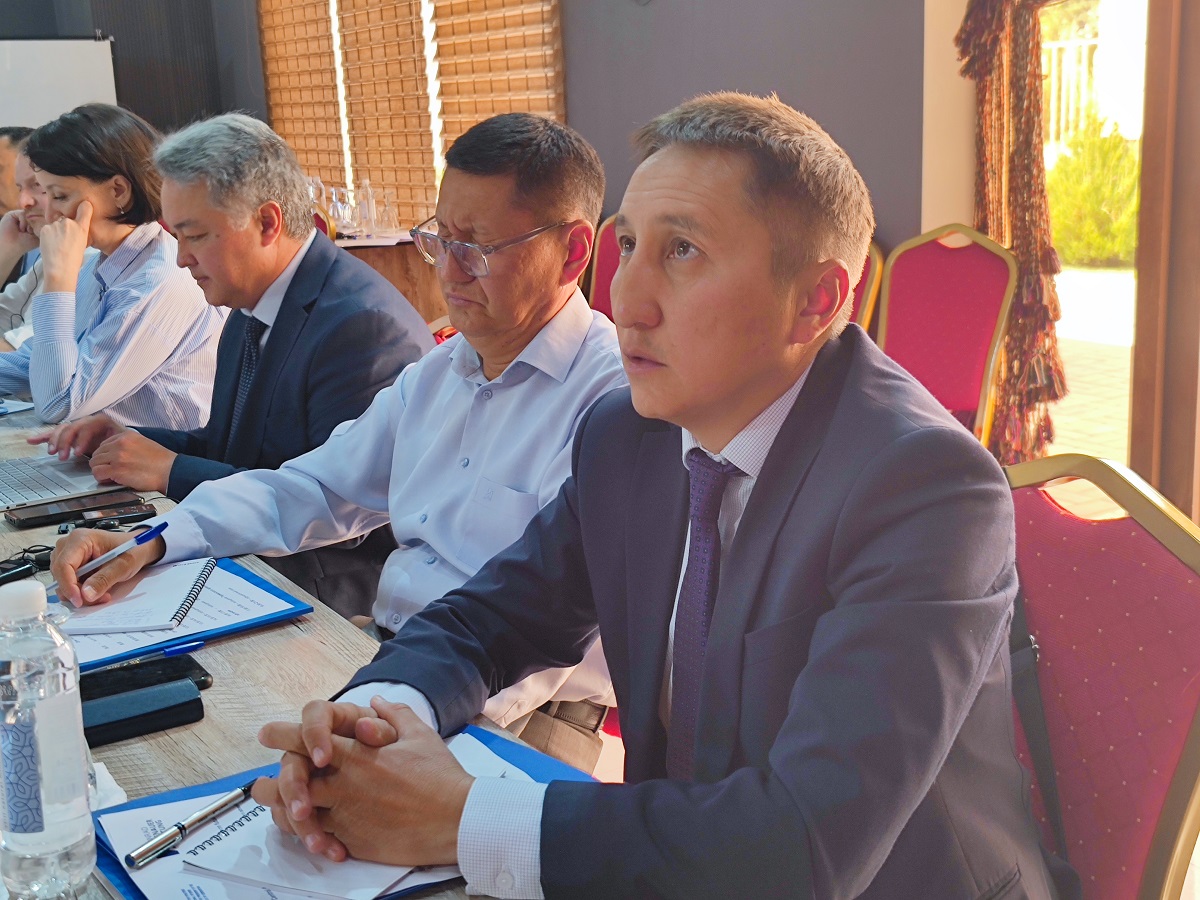
In the speaker's opinion, it is also important to strengthen cooperation within the framework of the Interstate Commission for Water Coordination in Central Asia, as well as to conduct a dialogue with Afghanistan on the joint rational use of water resources.
An important aspect of the report was the topic of strengthening and development of trade and economic cooperation between the countries of the region and Afghanistan.
It should be noted that the report reflected an agenda that is highly relevant for the countries of Central Asia. The author made it clear that the security of the region is a shared responsibility of all Central Asian states. To ensure this security, a unified strategy for joint sustainable development must be developed, bringing together the efforts of Central Asian countries and Afghanistan.
...While the participants of the international roundtable were discussing the prospects for cooperation between the countries of Central Asia and Afghanistan, Turkmenistan has taken a number of concrete steps aimed at improving the lives of the Afghan people. And this was a key part of our report, voiced among experts from the region, Germany and Afghanistan.
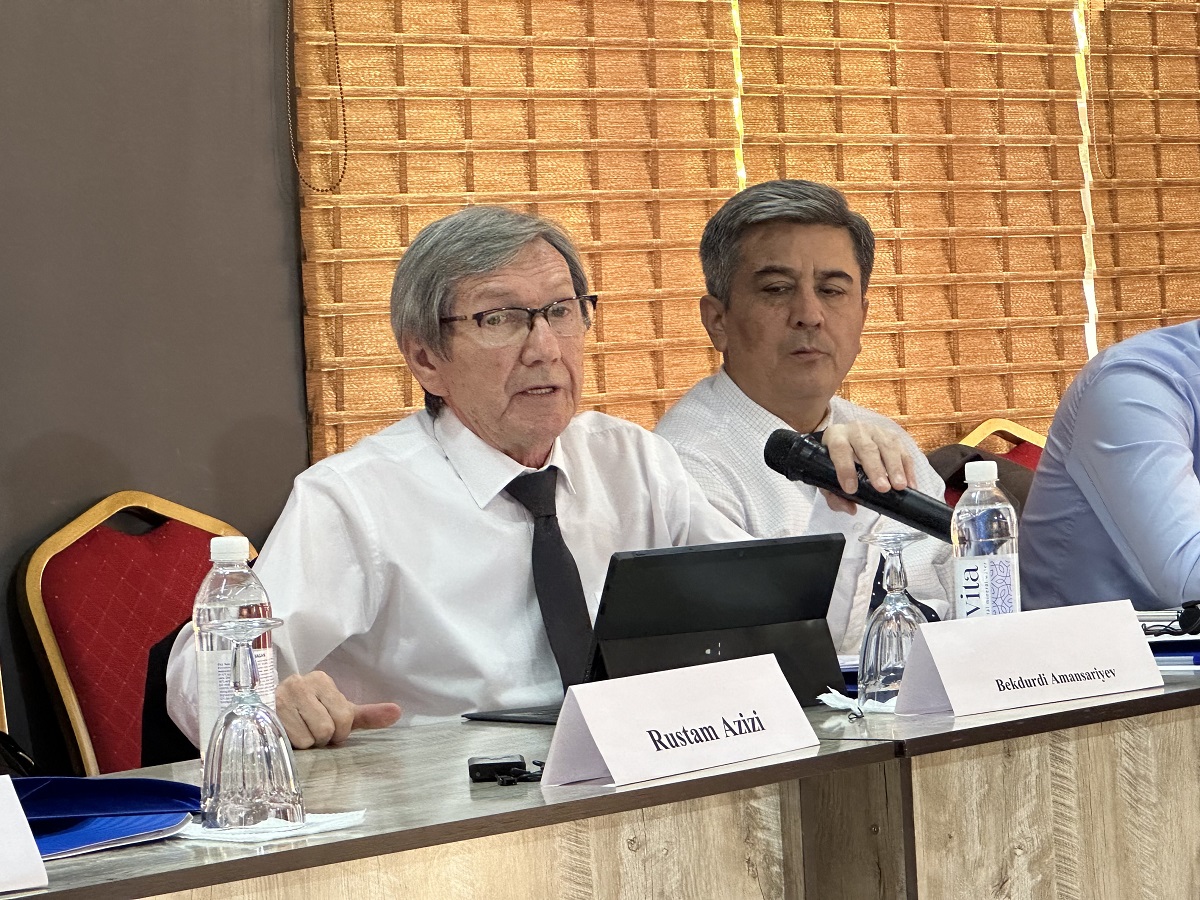
Thus, Turkmenistan on this memorable day launched such large-scale projects as:
Construction of the Afghan section of the Turkmenistan-Afghanistan-Pakistan-India gas pipeline was launched. The pipeline is being laid from Turkmen Serhetabat to Afghan Herat, marking an important stage in the implementation of the largest energy project in the region.
Construction of the Shatlyk-1 gas compressor station. The foundation of the new gas compressor station was laid, which will become a key element of Turkmenistan's gas transmission system and will ensure stable gas supplies through existing and prospective gas pipelines.
On the same day, laying of a fiber-optic communication line between Turkmenistan and Afghanistan began, which will significantly improve the quality of communication and access to information in Afghanistan.
Opening of the 177-meter Serhetabat-Turgundi railway bridge. The railway bridge connecting the steel highways of Turkmenistan and Afghanistan was put into operation, which will expand opportunities for the development of trade and economic relations not only between the two friendly countries, but also between the Central Asian region and Afghanistan.
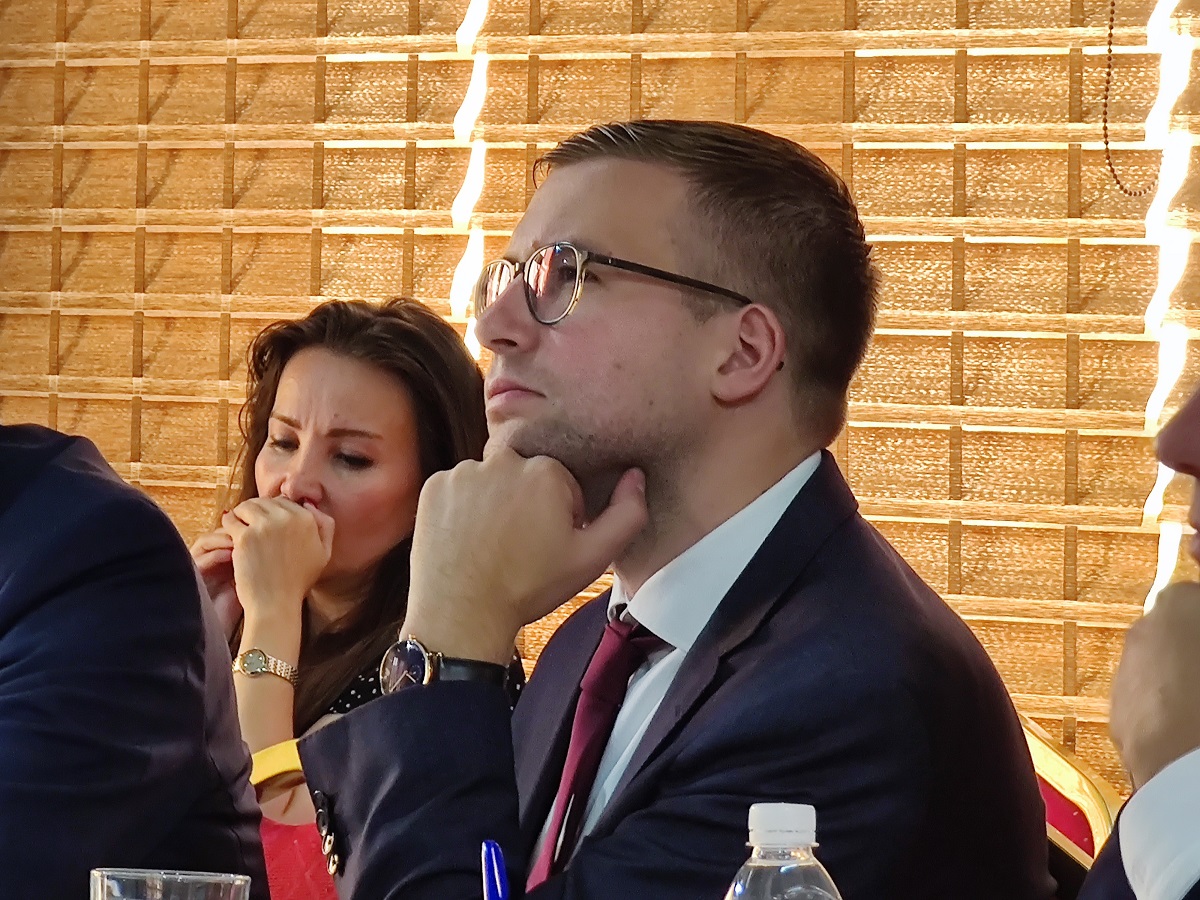
Another object is the construction of the Turgundi-Sanabar railway. The construction of the first section of the railway in Afghanistan, which will connect the mentioned railway bridge with the city of Herat, has begun.
Commissioning of a power plant in Herat province. The Nur al-Jihad power station was launched, which will increase the supply of Turkmen electricity to the North-West zone of Afghanistan and improve energy supply to the population.
Construction of a warehouse complex in the “dry port” of Turgundi. Construction began on a large warehouse complex that will become an important logistics center in the region.
The ceremonial events marking the launch of these projects were attended by the highest officials of Turkmenistan and Afghanistan, including the Chairman of the Halk Maslahaty (People's Council) of Turkmenistan, Gurbanguly Berdimuhamedov, the President of the Turkmenistan, Serdar Berdimuhamedov, and the Acting Chairman of the Cabinet of Ministers of Afghanistan, Mullah Mohammad Hasan Akhund.
These large-scale projects demonstrate Turkmenistan's commitment to strengthening cooperation with Afghanistan and promoting its socio-economic development.
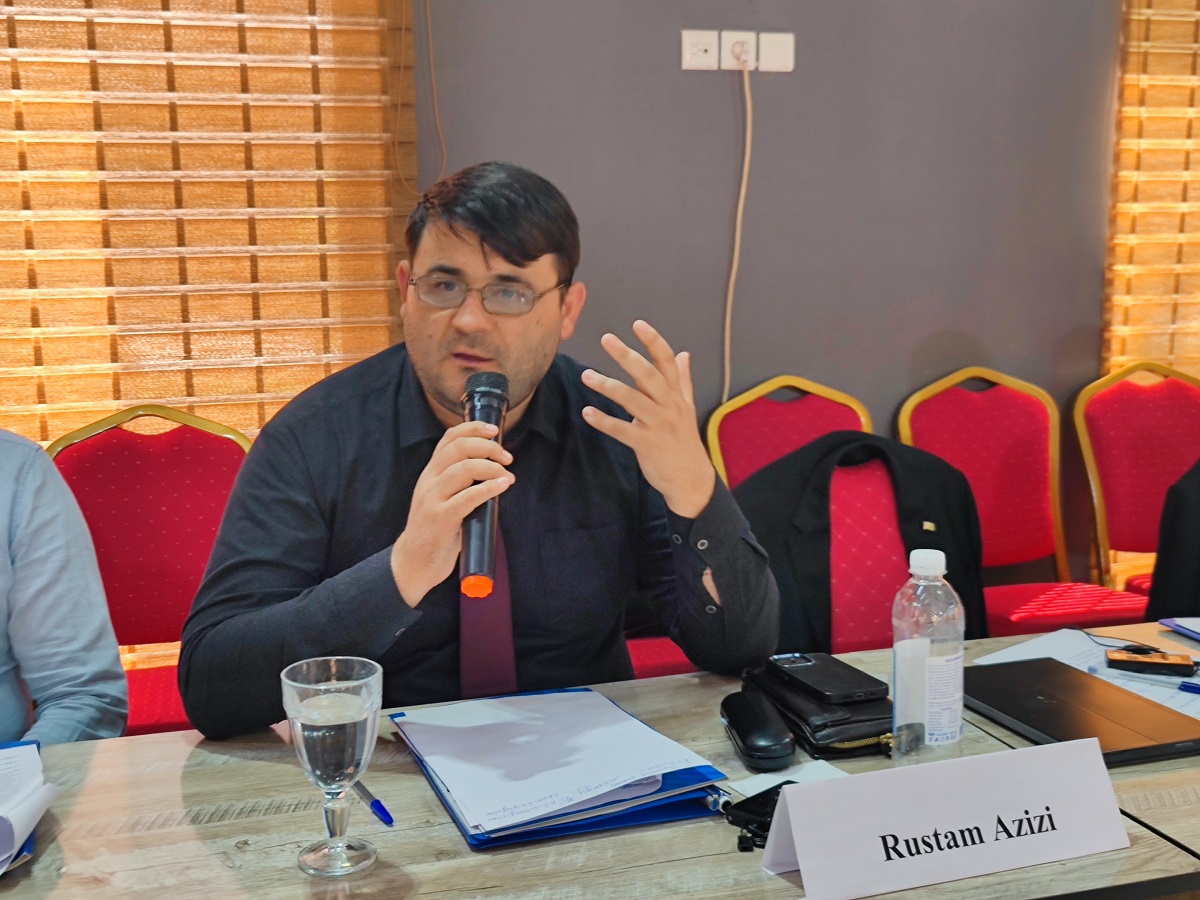
...Despite their different approaches, the roundtable participants were unanimous in their view of the interdependence of regional security, noting that stability in Afghanistan directly impacts the security and prosperity of Central Asian countries.
However, we believe that it is not the message itself that is important here, but its nature: Afghanistan should be seen not as a source of potential threats, but as an important element of the regional security system.
Experts particularly emphasized the need to accelerate economic reforms in Afghanistan. Infrastructure development, support for the private sector, and investment in human capital are all key factors for achieving sustainable growth.
It was emphasized that Afghanistan's economic integration into regional structures is one of the most effective ways to ensure its long-term stability. The development of transport corridors, trade relations and energy projects will create new opportunities for economic growth and reduce dependence on external assistance.
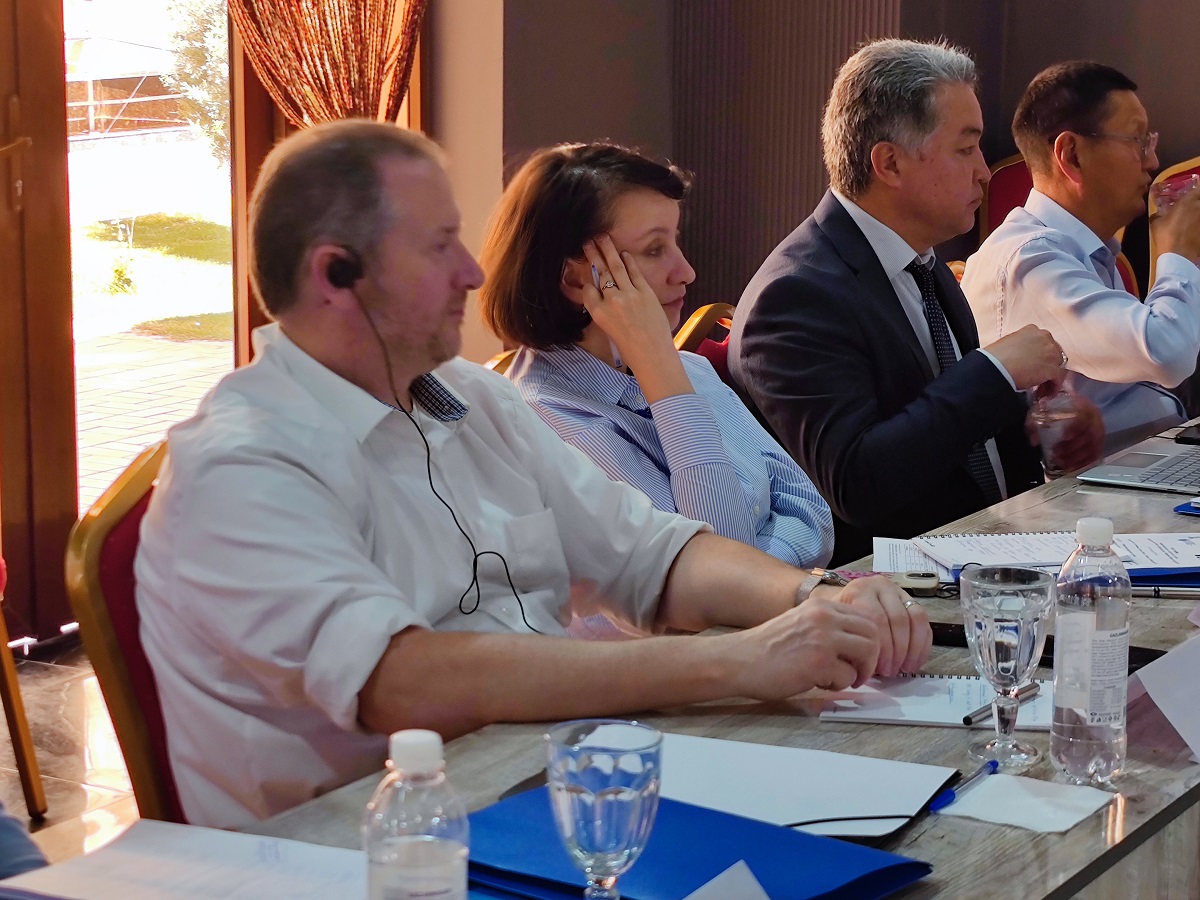
The participants of the roundtable noted the necessity of considering environmental factors in planning Afghanistan's development. Rational use of water resources, combating land degradation, and adapting to climate change are essential conditions for ensuring long-term stability and prosperity in the region.
Experts emphasized the importance of coordinating international efforts to provide comprehensive support to Afghanistan. Both financial resources and technical assistance are needed to implement projects across various sectors.
To sum up: the International Round Table “Central Asia and Afghanistan: A Vision for a Common Future” demonstrated the strong interest of the expert community in addressing Afghanistan's challenges and strengthening regional cooperation;
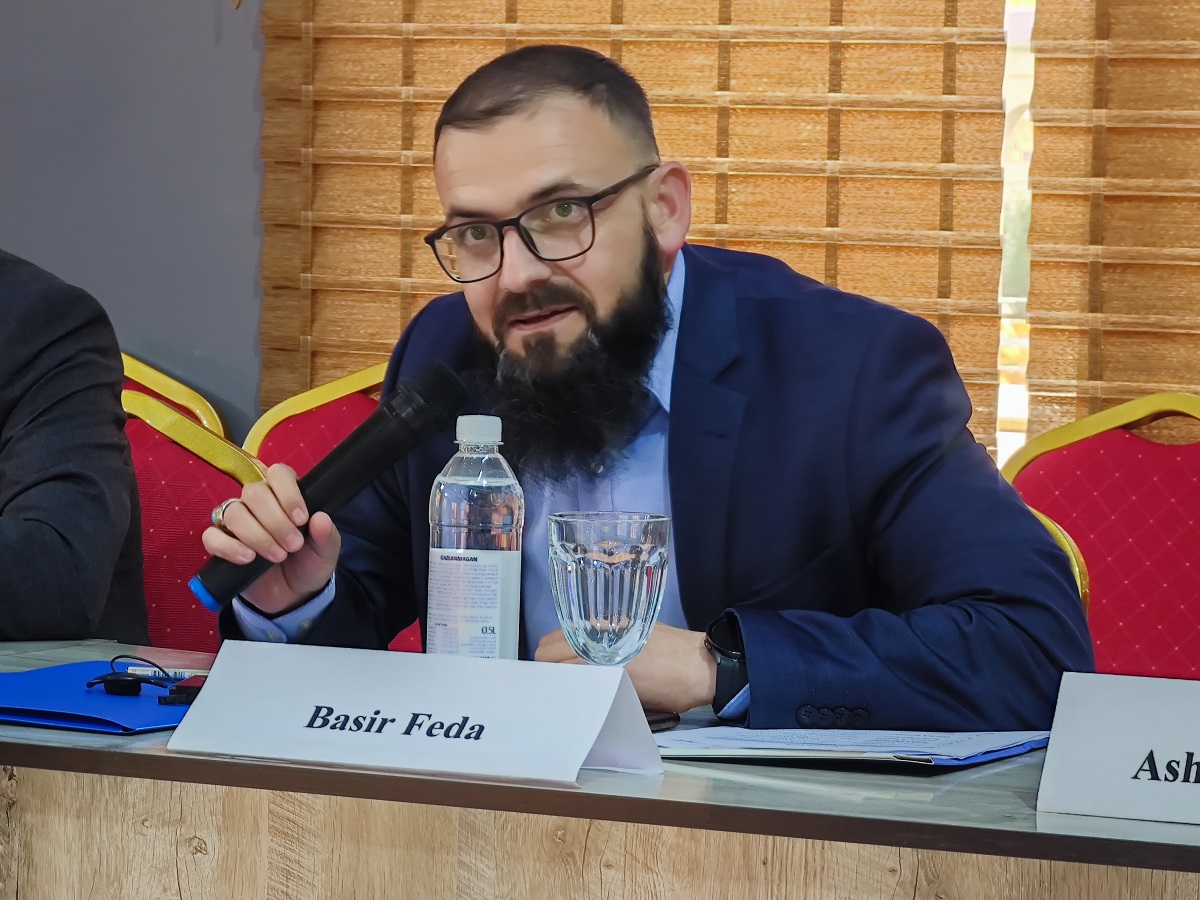
The situation in Afghanistan after the change of power not only creates new challenges, but also provides new opportunities for regional cooperation. Central Asia, together with Afghanistan, should actively participate in shaping a new security and cooperation architecture in the region;
To achieve long-term results, a comprehensive approach is necessary, encompassing political, economic, social, and humanitarian aspects.
Regional initiatives can be an effective platform for coordinating efforts to assist Afghanistan. But in the diversity of goals and objectives, the interests of the brotherly Afghan people must remain a priority;
The recommendations developed during the event can serve as a foundation for preparing a long-term strategy for cooperation between Central Asia and Afghanistan.
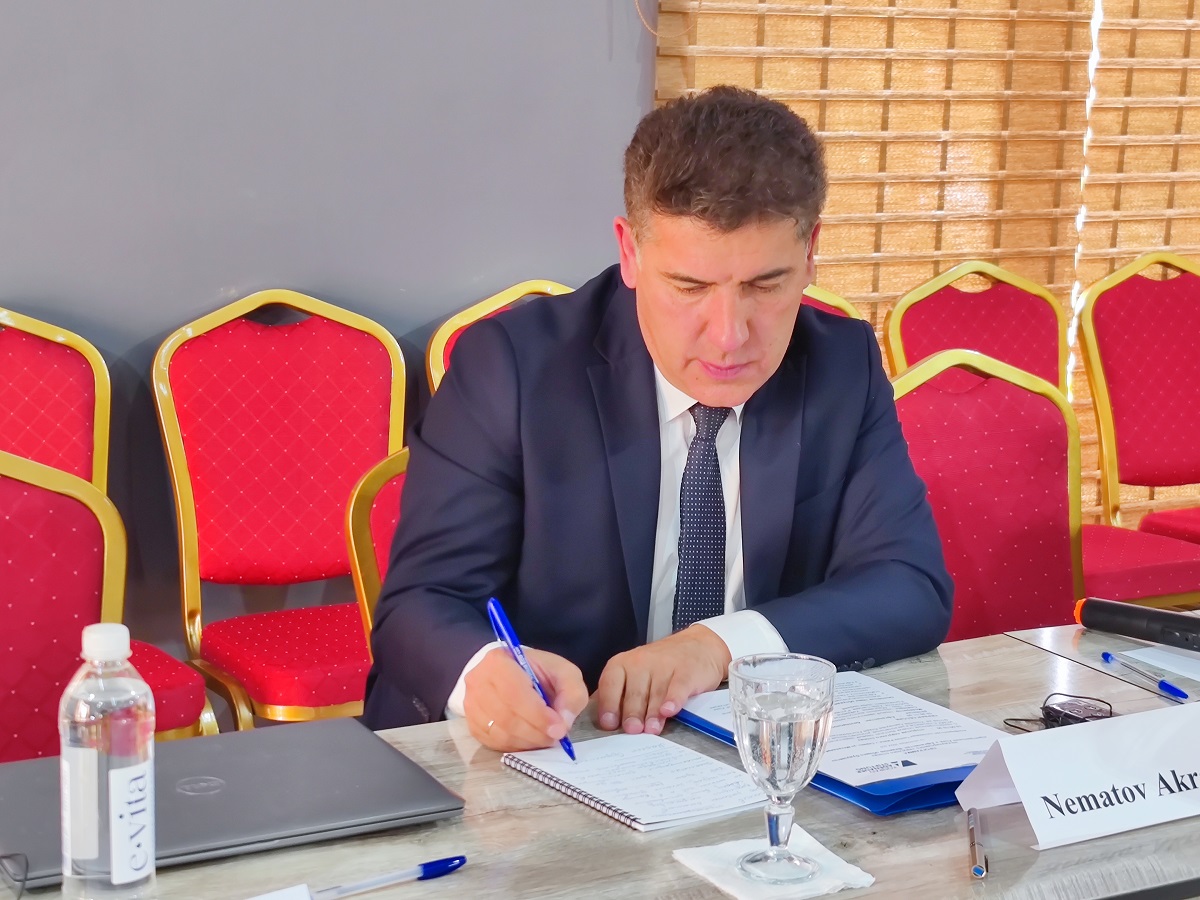
...And in response to the question posed in the title of our article, “Where is the golden key to stability and common prosperity?” Akramjon Nematov succinctly and meaningfully replied:
“A peaceful Afghanistan, integrated into the global community, is the key to a common future in the region and stable, sustainable interregional development”.
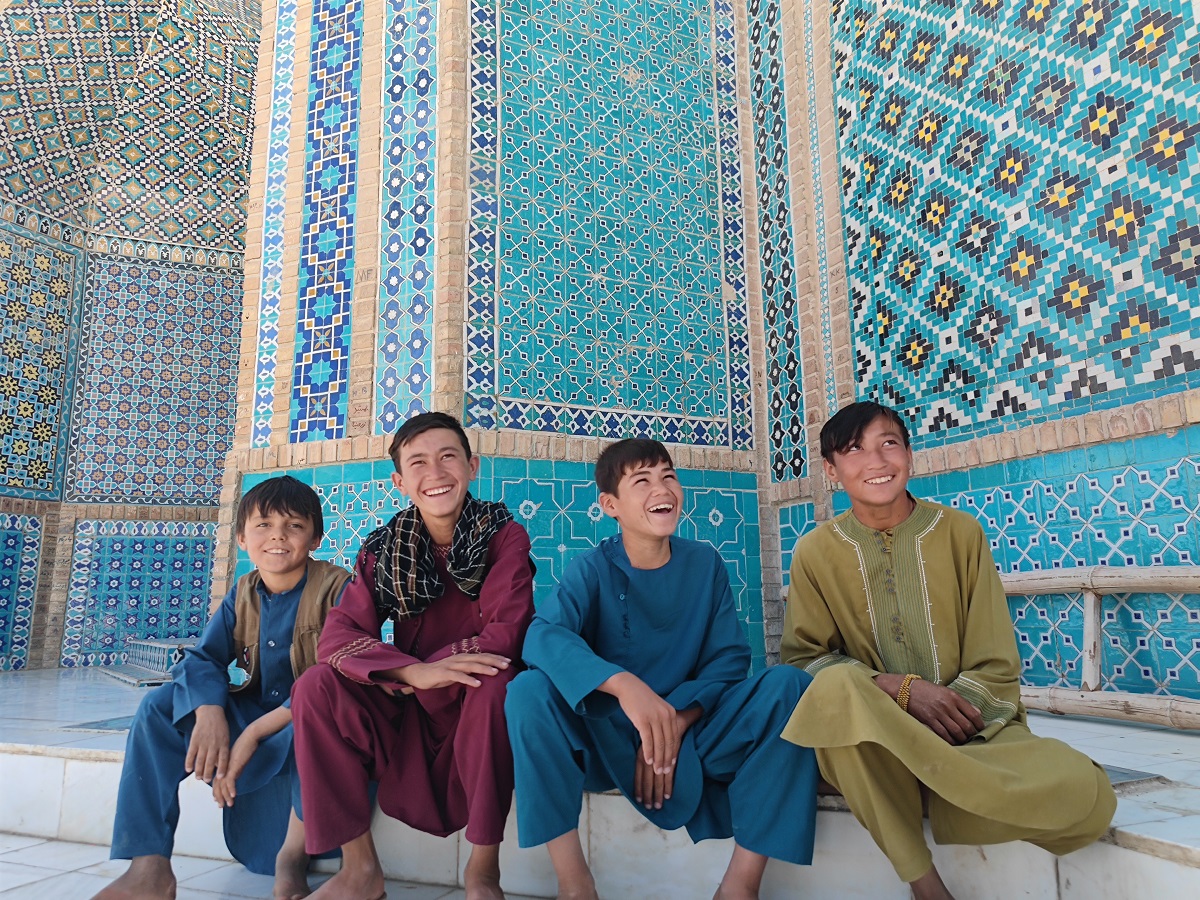
POST SKRIPTUM: On the same days, the 4th Regional Conference of the Counter-Terrorism Early Warning Network for Central Asia was held in Tashkent, where a representative of the Center for Strategic Studies of the Institute of International Relations of the Ministry of Foreign Affairs of Turkmenistan, O. Annabayev, participated.
In the near future, employees of this Center plan to participate in the conference of analytical structures from the CIS member states titled “A New Agenda for Long-Term Cooperation”, which will take place in Tashkent, as well as they will also attend the 10th meeting of research centers from the member and observer states of the Organization of Turkic States, scheduled to be held on the eve of the summit of the heads of the OTS member-states in Bishkek.
Бекдурды АМАНСАРЫЕВ
